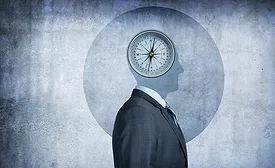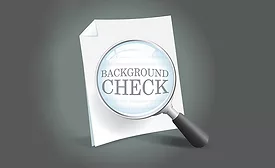Home » Keywords: » Human Resources
Items Tagged with 'Human Resources'
ARTICLES
HR and Security: Work together, win together
Why HR and Security have finally teamed up
September 30, 2020
Sign-up to receive top management & result-driven techniques in the industry.
Join over 20,000+ industry leaders who receive our premium content.
SIGN UP TODAY!Copyright ©2026. All Rights Reserved BNP Media.
Design, CMS, Hosting & Web Development :: ePublishing


.webp?height=168&t=1695218468&width=275)







